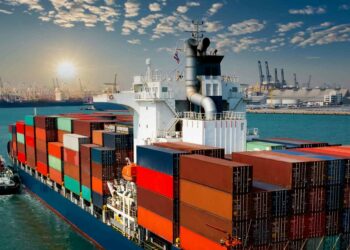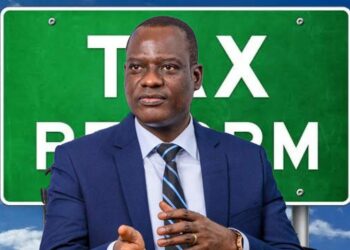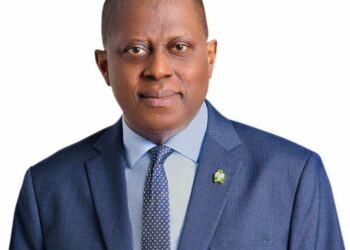Nigeria’s broad money supply has soared to an unprecedented peak, reaching a staggering N93.72 trillion as of January 2024, according to data released by the Central Bank of Nigeria (CBN).
This figure represents a remarkable ascent, showcasing a 76 surge from the N53.14 trillion recorded in January 2023, indicating a substantial year-on-year growth of N40.48 trillion.
Moreover, compared to the preceding month of December 2023, which stood at N78.74 trillion, this represents a robust 19% increase, equivalent to N14.98 trillion. The latest insights from the CBN unveil these profound shifts in the nation’s monetary landscape, as detailed in its comprehensive money and credit statistics.
The trajectory of Nigeria’s broad money supply (M3), a pivotal gauge of economic liquidity, has been on an undeniable upward trajectory, surging at an accelerated pace in recent years. M3 encompasses both net foreign assets and net domestic assets, painting a holistic picture of the nation’s monetary dynamics.
Recent trends underscore a pronounced expansion in Nigeria’s money stock, a trend that intersects with an array of economic challenges. Foremost among these challenges are the surging inflation rates, mounting pressures on the naira’s exchange rate, and a downward trajectory in interest rates. The uptick in the money supply portends a potential surge in inflation, posing a significant threat to the purchasing power of Nigerians.
Moreover, an inflated money stock typically correlates with a decline in interest rates, particularly in environments characterized by a dearth of viable investment prospects. This dynamic may render Nigerian investment vehicles less attractive to global investors, a matter of grave concern considering Nigeria’s imperative for sustained dollar inflows.
While there has been a significant surge in the money supply, the country’s economic growth has been tepid, with Nigeria’s economic growth rate for 2024 projected to be around 2.9% and 3.1%, having one of the slowest growth rates in West Africa. This disparity is stark – the money supply is growing much faster than the economy.
Inflation has been a significant concern, with the headline inflation rate jumping to 29.9% in January 2024. Although the rate is projected to drop to 21.5% this year, it may end up peaking at 44% if adverse economic conditions persist. As the CBN’s Monetary Policy Committee (MPC) gears up for its meeting, the implications of this expanded money supply on their deliberations, particularly regarding the Monetary Policy Rate (MPR), are poised to take center stage. Such discussions are pivotal in charting the course for Nigeria’s economic stability and growth.
Notably, this increase in the broad money supply comes despite the CBN’s efforts to tighten monetary policy and mop up excess liquidity. The CBN has incrementally raised the MPR from 11.5% in May 2022 to 18.75% as of July 2023, an increase of 725 basis points in slightly over one year.
In less than a week, the current Governor Yemi Cardoso is expected to express his stance on the ongoing interest rate hikes and make a clear, bold move against rising inflation. However, his approach may conflict with President Bola Tinubu’s plans to reduce interest rates in Nigeria, potentially setting the stage for a clash between the government’s economic objectives and the CBN’s tightening monetary policy.





